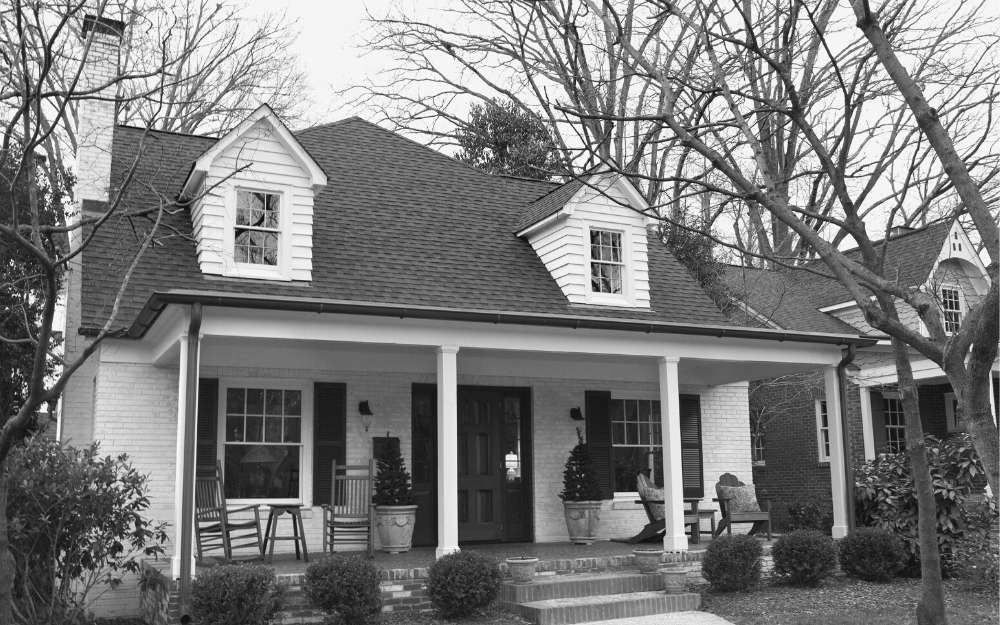
How you own your house affects what happens to it when you pass on. A home that is co-owned as joint tenants is dealt with differently from one that is owned as tenants in common.
What assets pass with your estate?
If you buy a house as joint tenants, and one partner dies, that house becomes the sole property of the other partner regardless of what their will said. It’s known as a non-estate asset, because it doesn’t become part of the estate at any point.
On the other hand, if you own the house as tenants-in-common, you each own a distinct share. That might be 50% each or a different proportion. In that case, if one partner dies, their portion becomes part of their estate. It is then distributed according to your will which may be to the other tenant, or to someone else.
This becomes important when you are buying property. You’ll be asked if you intend to buy it as joint tenants or tenants in common but you may not understand what that means. Many people don’t actually realise that there are two different ways you can own land in Queensland. Accordingly, the choice you make can have very different outcomes.
Mortgages pass with the property
Many people assume that when they die, any mortgages in their name will automatically be paid off by their estate. As we saw in Young v Martin [2020] WASC 442, this is not the case.
Mortgages attach to the property. If you own property as joint tenants, and one party dies, the property passes automatically to the other party. So does the mortgage.
If you own property as tenants in common, and one party dies, it depends how their will deals with the property. If the deceased leaves it to their partner in the will, the partner also inherits the mortgage. This is true even if he or she doesn’t mention the mortgage in the will. The mortgage goes with that property because it’s specifically charged to that property.
When you’re buying property, you’re only thinking of the immediate future. It’s an exciting time. However, it’s also a very significant purchase, so it’s prudent to make sure your wishes are carried out if you pass on. What do you want to happen when you die? Do you intend your partner to acquire the property with the mortgage still owing, so that they’ll have to pay it? Alternatively, are you expecting that it would be paid out?
Choose wisely to avoid a costly fix later on
The best time to think about how you’ll own your property is before contracts are exchanged and become unconditional.
We’ll talk to clients about their overall goals before deciding on which option to choose. If you’re buying a property with someone else, and you want to leave your share to your children, we’d advise you to buy it as tenants in common.
On the other hand, you might be buying with a new partner, and you want to make sure your adult children don’t inherit your share and leave your partner with no place to live. In that case, a joint tenancy is better. Every situation is different, and requires tailored legal advice.
Of course, if you’re buying as brother and sister, or other non-romantic partners, that will also affect what we recommend.
Ownership can be changed
Sometimes, it can be years down the track from that original purchase before clients realise that their ownership structure isn’t the best option. Commonly, this comes up when we’re advising people on estate planning.
If this happens to you, it is still possible to fix it. Your method of ownership can be changed, but there is a procedure to follow and costs associated. It’s better if you can get it right from the start, because doing it later means a two-step process instead of one.
If you don’t take steps to fix the problem, your estate (or your partner) may end up picking up the pieces. The worst-case scenario is the one where someone doesn’t fix the ownership before they die and an unintended person receives the property. There’s nothing we can do for you then.
Thinking of buying a property? Come and chat with our Toowoombam Lawyers legal team for help choosing the ownership structure that works for your goals.




